
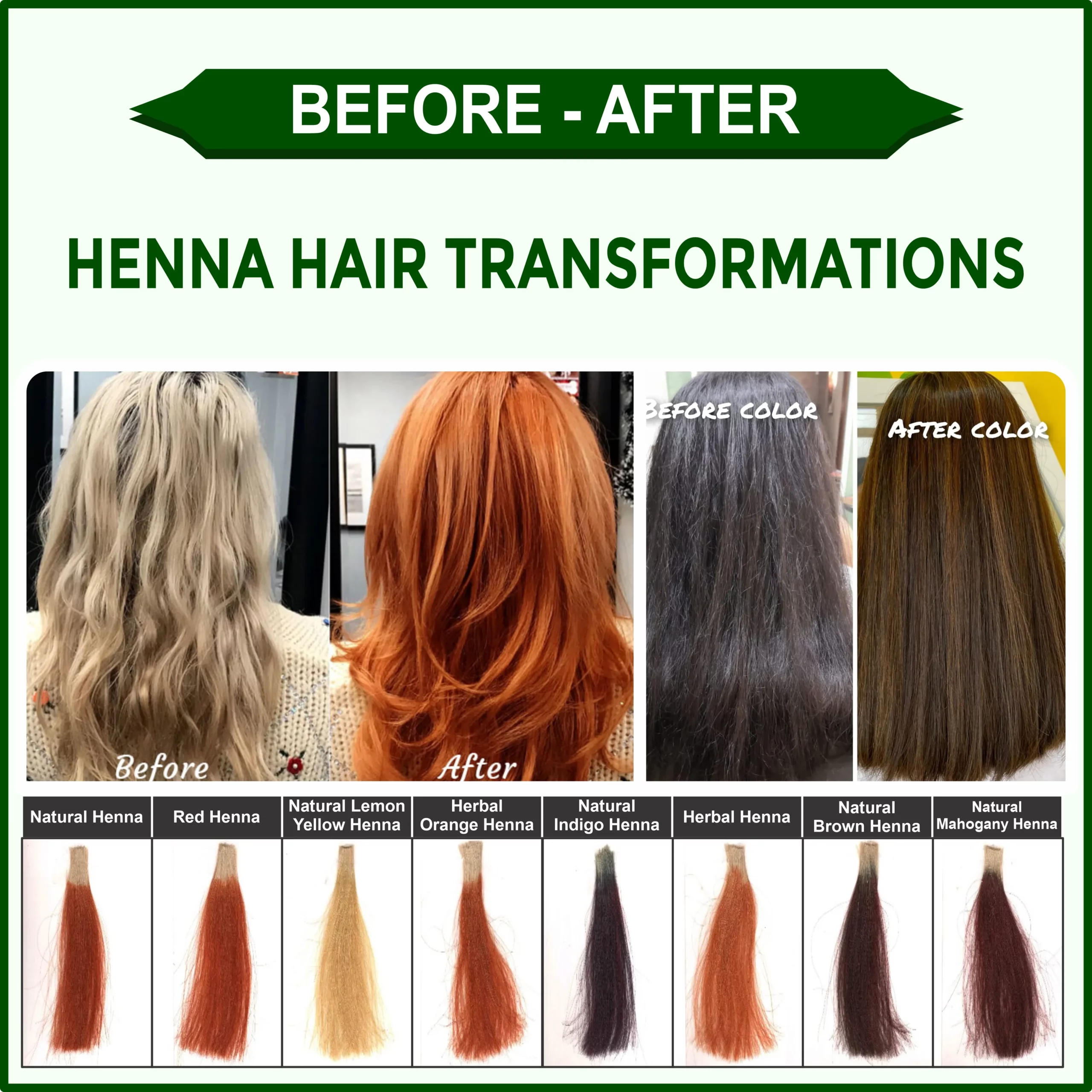
TYPES OF HERBAL HAIR COLORS: A COMPREHENSIVE GUIDE
Are you tired of chemical-laden hair colors that damage your locks? Embrace the natural beauty of herbal hair colors! In this guide, we’ll explore the various types of herbal hair colors, including henna-based, indigo-based, and cassia-based options, to help you make an informed decision for your hair care routine.
KEY INFORMATION ABOUT DKI HENNA - HERBAL HAIR COLOR MANUFACTURERS
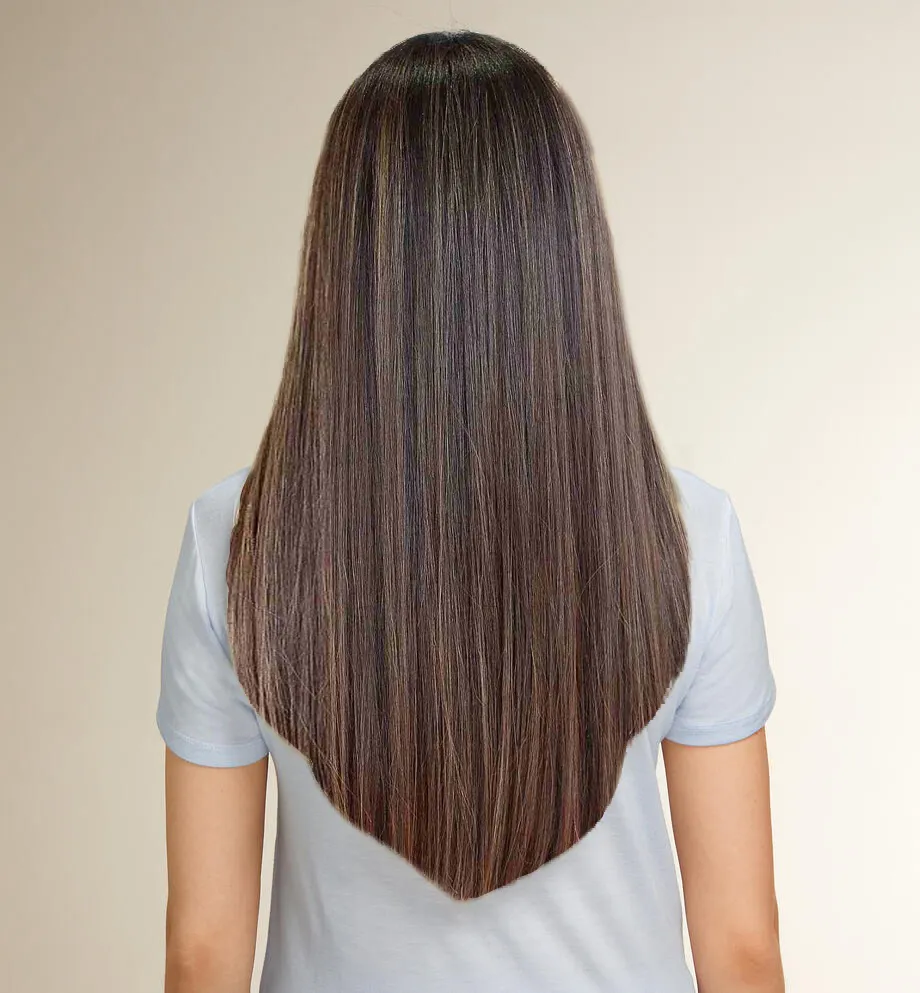
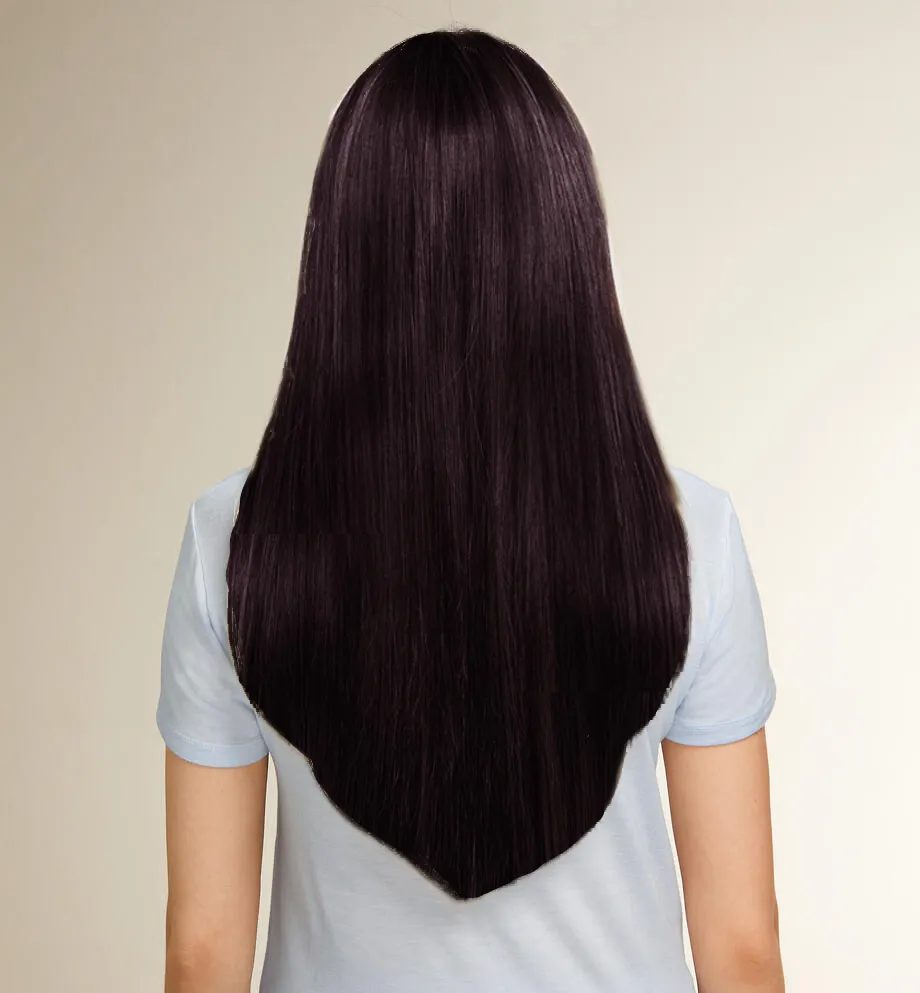
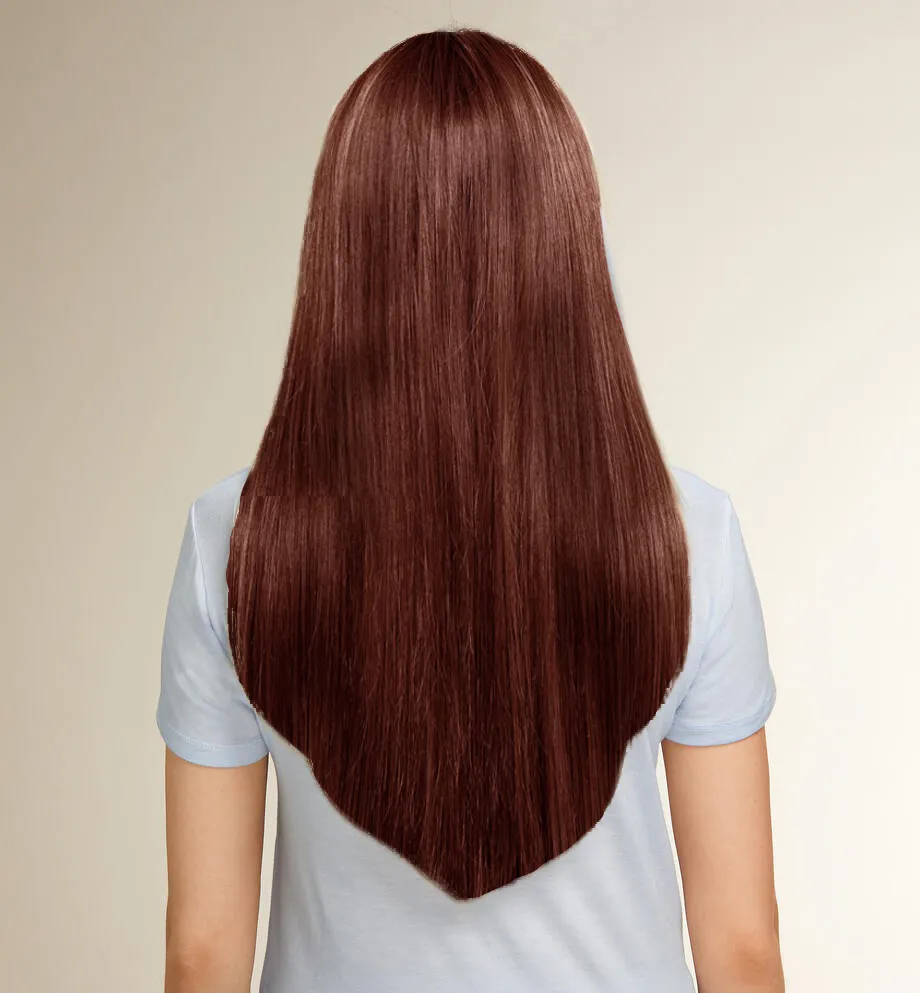
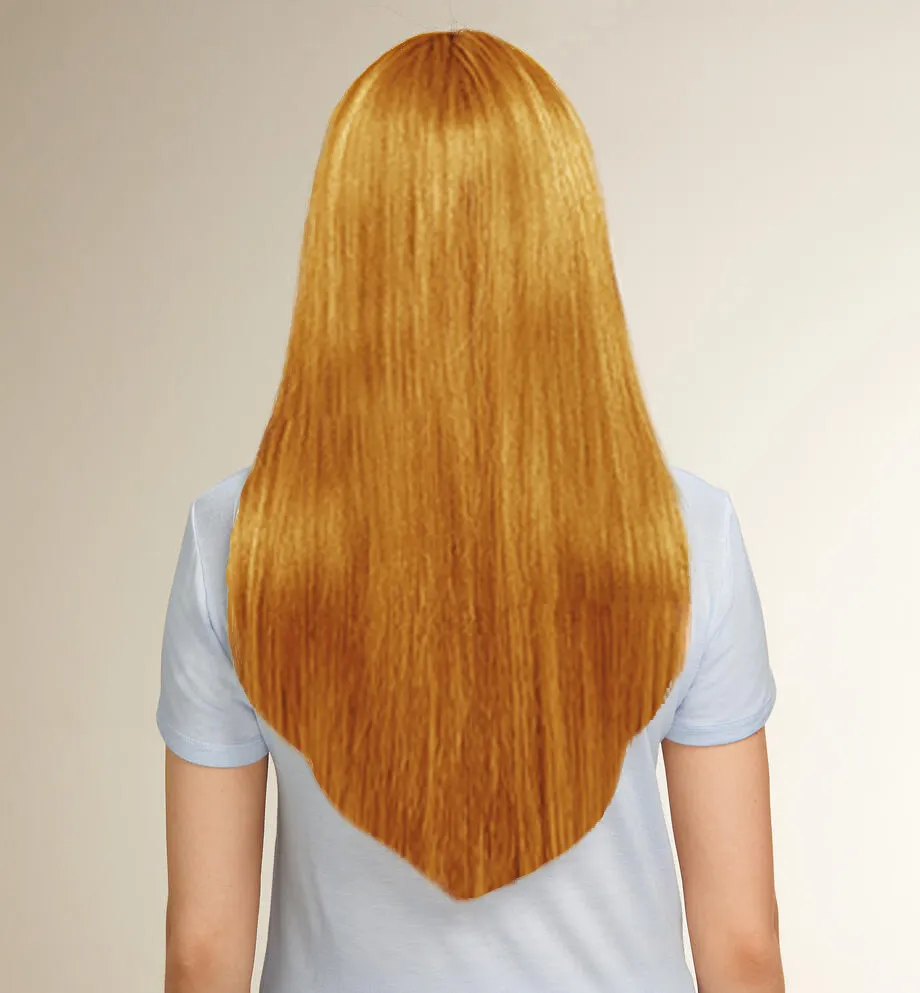
| Company Name | D.K Industries |
| Origin | India |
| Brand Name | Shagun Gold |
| Global Presence | 45+ Countries |
| Company Type | Sole Proprietorship |
| Key Persons | Mr. Dinesh Garg Mr. Sarvagya Garg |
| Specialization | Herbal Hair Colors Manufacturers in India |
| Units | 3 units |
| Employees | 160+ |
| Production Capacity | 10,000 KG/Day |
| Private Labeling/OEM | Available |
| Packaging | Bulk Packaging & Pouch Packaging, Custom Packaging |
TYPES OF HERBAL HAIR COLORS
| Henna-Based Hair Colors: | Henna, a plant-derived dye, is one of the most popular choices for natural hair coloring. It imparts a reddish-brown hue to the hair and offers conditioning benefits. Henna-based colors are suitable for those looking to add warmth and richness to their hair. |
| Indigo-Based Hair Colors: | Indigo is another natural dye derived from the indigo plant. When combined with henna, it produces shades of brown and black. Indigo-based colors are ideal for covering gray hair and achieving deeper, cooler tones. |
| Cassia-Based Hair Colors: | Cassia, also known as neutral henna, is often used as a colorless hair treatment. It provides shine and conditioning to the hair without imparting color. Cassia-based colors are perfect for those seeking to enhance their natural hair color or add gloss to their strands. |
BENEFITS OF HERBAL HAIR COLORS
- Gentle and non-toxic formula
- Conditions and strengthens the hair
- Long-lasting color with natural shine
- Suitable for sensitive scalp
- Helps cover grays effectively
HOW TO CHOOSE THE RIGHT HERBAL HAIR COLOR
Consider factors such as your natural hair color, desired shade, and any allergies or sensitivities you may have. Conduct a patch test before applying the color to ensure compatibility with your skin and hair.
APPLICATION OF HERBAL HAIR COLORS
Please ensure to follow the instructions provided with the product. Most herbal hair colors require mixing with water or other natural ingredients to form a paste, which is then applied to clean, dry hair. Leave the color on for the recommended duration before rinsing it out.
MAINTENANCE TIPS FOR HERBAL HAIR COLORS
- To protect the color, opt for shampoos and conditioners that are sulfate-free.
- Avoid excessive heat styling to prevent color fading.
- Touch up roots as needed to maintain consistent color.
DKI HENNA HERBAL HAIR COLORS
At DKI Henna, we offer a range of herbal hair colors crafted from high-quality ingredients. Our products are formulated to deliver vibrant, long-lasting results while keeping your hair healthy and nourished.
Herbal hair colors provide a natural and sustainable way to enhance your hair color without compromising on quality or safety. Whether you prefer the warm tones of henna, the depth of indigo, or the conditioning properties of cassia, there’s a herbal hair color option for everyone.

FAQ
Types of Herbal Hair Color - Your Questions Answered | DKI Henna
Herbal hair colors are natural alternatives to chemical-based dyes, formulated using plant-based ingredients like henna, indigo, and cassia to color and condition the hair.
There are primarily three types of herbal hair colors: henna-based, indigo-based, and cassia-based, each offering unique shades and benefits.
Henna-based hair color is derived from the leaves of the henna plant and is known for imparting rich, reddish-brown hues to the hair. It also conditions and strengthens the hair.
Henna-based hair colors are natural, free from harmful chemicals, and provide long-lasting color while nourishing the hair. They also enhance hair texture and shine.
Indigo-based hair color is derived from the indigo plant and is popular for producing shades of blue-black or dark brown when used in combination with henna. It adds depth and richness to the hair color.
Indigo-based hair colors work by binding to the keratin protein in the hair shaft, resulting in vibrant and long-lasting color. They are often used in conjunction with henna for desired shades.
Cassia-based hair color, also known as neutral henna, is derived from the leaves of the cassia plant. It imparts a golden or light brown tint to the hair and offers conditioning properties without significant color change.
Yes, herbal hair colors, especially henna-based and indigo-based ones, are known for effectively covering grey hair. They penetrate the hair shaft to provide thorough coverage and vibrant color.
Yes, herbal hair colors are generally suitable for all hair types, including curly, straight, thick, or fine hair. However, it’s essential to perform a patch test before application, especially for those with sensitive scalps.
To use herbal hair colors at home, mix the powder with water or other natural ingredients to form a smooth paste. Apply the paste evenly to clean, dry hair, leave it on for the recommended time, and then rinse thoroughly.
